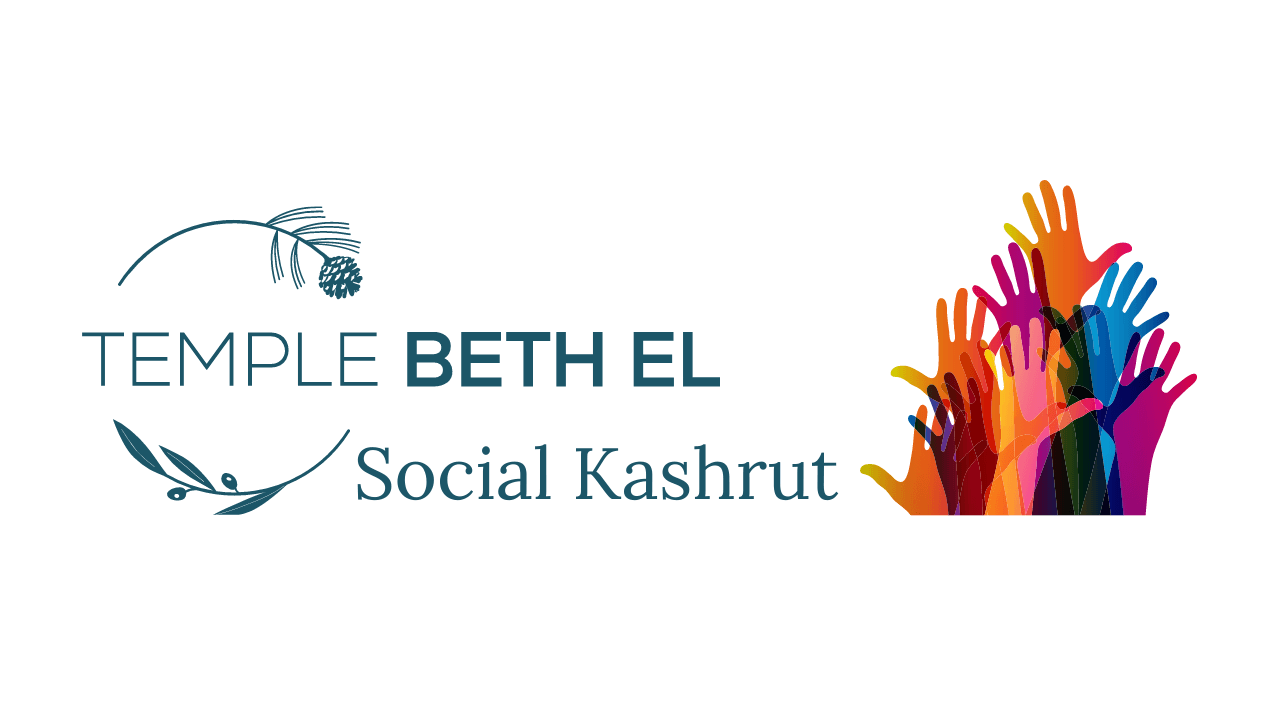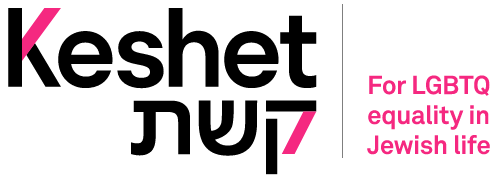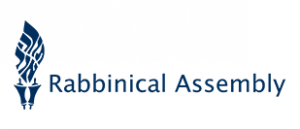Kol yisrael arevim zeh bazeh.
All of Israel is responsible
for one another.
Actions and resources here.
Kol yisrael arevim zeh bazeh.
All of Israel is responsible for one another.
Actions and resources here.
Social Kashrut
What is Social Kashrut?
Social Kashrut represents TBE’s effort to ensure that those who may have been turned away from Judaism in the past – including Jews of Color, LGBTQ+ Jews, Jews from across the spectrum of income and class, Interfaith families, and Jews of varying abilities – can develop a sense of belonging at Temple Beth El. Our community is not whole until all those who seek a connection with Judaism know that they will be welcomed and supported by all of us.
Social Kashrut is a spiritual and organizational practice rooted in the belief that we will be a healthier, more vibrant Jewish community when we fully incorporate the diversity that is the reality of modern Jewish life. As contemporary demographics continue to shift, we are challenged to make preparations within ourselves and our congregation to engage in the sacred work of creating and cultivating a Jewish community of belonging.
Background
Background
At the beginning of our Passover Seder – as we tell our Jewish story, that begins in slavery and leads towards freedom – we say: "All who are hungry, let them enter and eat. All who are in need, let them come celebrate Passover with us." We are true to ourselves, our community, and our understanding of the Divine when all those who wish to celebrate and worship with us can experience a sense of belonging at TBE.
We use the word “Kashrut" purposefully. Kashrut refers to the set of rules and principles that guide our dietary practices as Jews. Not all TBE members choose to observe Kashrut in their daily lives, but we do observe Kashrut when we are in community. We do this because it is an integral part of what makes TBE a sacred Jewish space in the Conservative tradition and because of those among us who do keep Kosher.
Social Kashrut is our way of extending the notion of Kashrut to our communal social values and behavior, in the pursuit of creating a community where all of its members don’t just feel accepted, but seen and appreciated. Much like the Kashrut of food, community members are welcome to interpret and apply the Jewish values that underpin Social Kashrut differently in their individual lives, but as a community we will speak with one voice when affirming that TBE is home to a Judaism that is inclusive and reflective of a wide range of identities and abilities.
Communal Agreements
of Social Kashrut
Communal Agreements
of Social Kashrut
Communal Agreements are a brit, a sacred contract, used to create understanding among participants in a group. We encourage all members of our community to read these Communal Agreements, reflect on their meaning, and reach out with questions.
We acknowledge that members of our community represent different experiences and multiple identities and cultural frameworks.
We accept responsibility to consider how differences (such as race, age, gender identity and expression, sexual orientation, ability, Hebrew proficiency, interfaith family status, historical participation and engagement with TBE, and economic class) may affect how people experience worship, social interaction, and belonging. We welcome newcomers with open arms and will not question a person’s Jewish identity based on their identity markers.
We believe that there is more than one authentic way to be Jewish.
We see all gatherings as opportunities to connect community members and explore what Judaism means to one another.
We assume positive intent while acknowledging that intent is different than impact.
We strive not to deliberately or inadvertently undermine or disrespect another person’s identity or experience but understand that these outcomes can happen. We believe it is most appropriate to let people know if they said something that is hurtful and, in return, to meaningfully apologize for causing harm.
We seek to understand.
We know that growth requires us to be brave rather than comfortable; it requires us to practice active listening, to let our current beliefs be challenged, and to make an earnest effort to better understand those in our community. Asking questions, including about matters of belonging and inclusion, does not make us ignorant or impolite. We also understand that there are some questions that, though they may come from a genuine place, could negatively impact the person they are directed towards. We will be thoughtful about the questions that we ask, take responsibility for our words when we err, and seek resources to continue our personal growth.
Questions? Comments? Want to get involved? Shoot us an email!
Contact Us
Thank you for your interest in Social Kashrut! We look forward to talking with you about this exciting initiative and will get back to you as soon as possible.
Please try again later.




